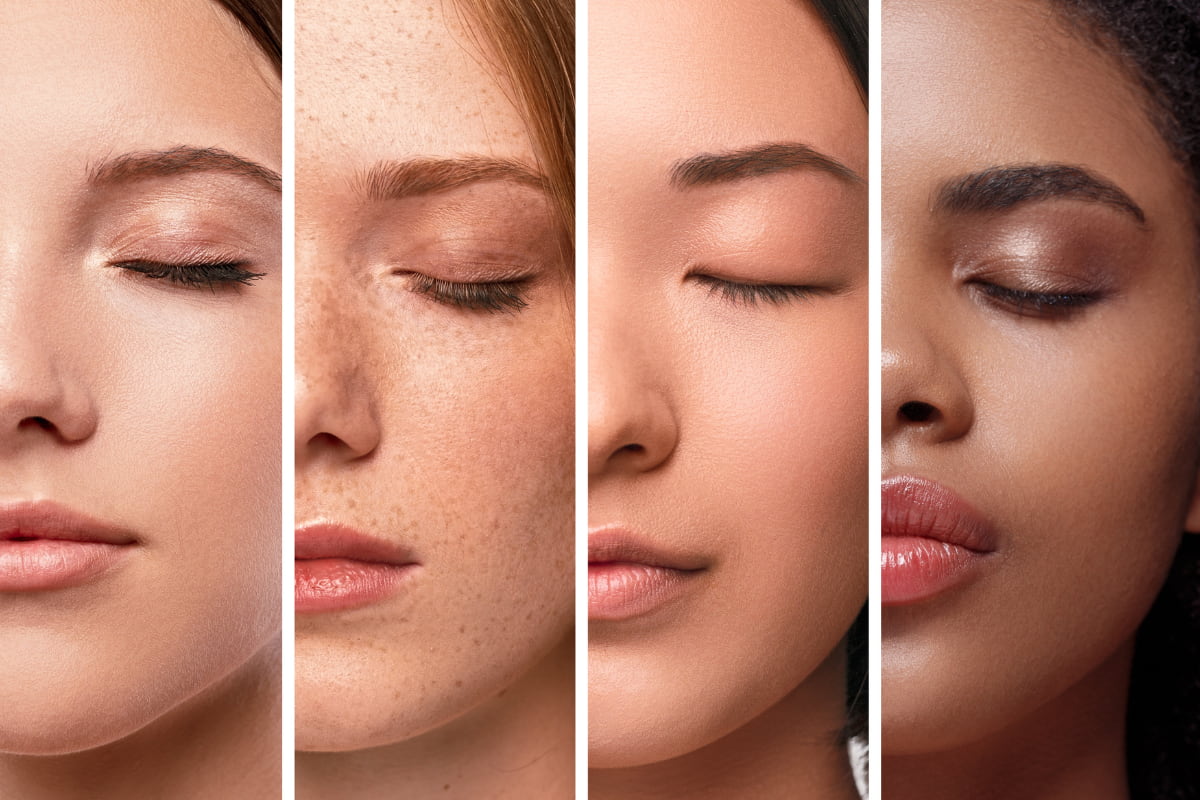
5 Signs That You Have Combination Skin Type
, by Samir Kumar Padhan, 3 min reading time

, by Samir Kumar Padhan, 3 min reading time
When it comes to skincare, understanding your skin type is the foundation for building an effective routine. One of the most misunderstood types is combination skin type. People with this skin type often struggle to find the right balance between oily and dry areas, leading to confusion and ineffective skincare choices. So how do you know if you truly have combination skin type?

In this blog, we’ll walk you through 5 clear signs that you have combination skin type and offer some basic guidance on how to manage it.
One of the most classic signs of combination skin type is having an oily T-zone — which includes the forehead, nose, and chin — while the cheeks remain dry or even flaky. This contrast is due to the uneven distribution of sebaceous (oil) glands on your face. If you find yourself constantly blotting your forehead but needing moisturizer for your cheeks, you're likely dealing with a combination skin type.
Another frustrating sign of combination skin type is experiencing breakouts and dry patches simultaneously. Acne usually occurs in oilier regions, while dryness and irritation tend to show up on other parts of the face. This dual challenge requires a balanced skincare approach, which is different from treating oily or dry skin alone.
Does your skin get oilier in the summer and drier in the winter? Seasonal shifts are often more noticeable for people with combination skin type. Hot, humid weather can make the oily areas worse, while cold, dry air intensifies flakiness in already dry zones. This variability makes it essential to adjust your skincare routine throughout the year.
If your makeup tends to slide off your T-zone but clings to dry patches on your cheeks, you're likely dealing with combination skin type. Uneven texture and inconsistent oil production across your face make it harder for foundation, concealer, or powder to apply smoothly. This often leads to a patchy or cakey finish, even with high-quality products.
Do you notice a shiny nose or forehead just a few hours after cleansing, while the rest of your face feels tight? People with combination skin type often experience midday shine specifically in their T-zone, while other areas remain matte or dry. This selective oil production is a tell-tale sign that your skin isn't uniformly oily or dry.
Understanding that you have combination skin type is the first step. The key to managing it lies in using products that target both oily and dry zones without causing imbalance. Gentle, pH-balanced cleansers, lightweight moisturizers, and non-comedogenic formulas can help maintain skin harmony.
It’s also important to tailor your skincare based on how your combination skin type reacts to environmental factors, hormonal changes, and lifestyle habits. Regular exfoliation, targeted treatments, and sun protection should be part of your routine.
Subscribe to our emails